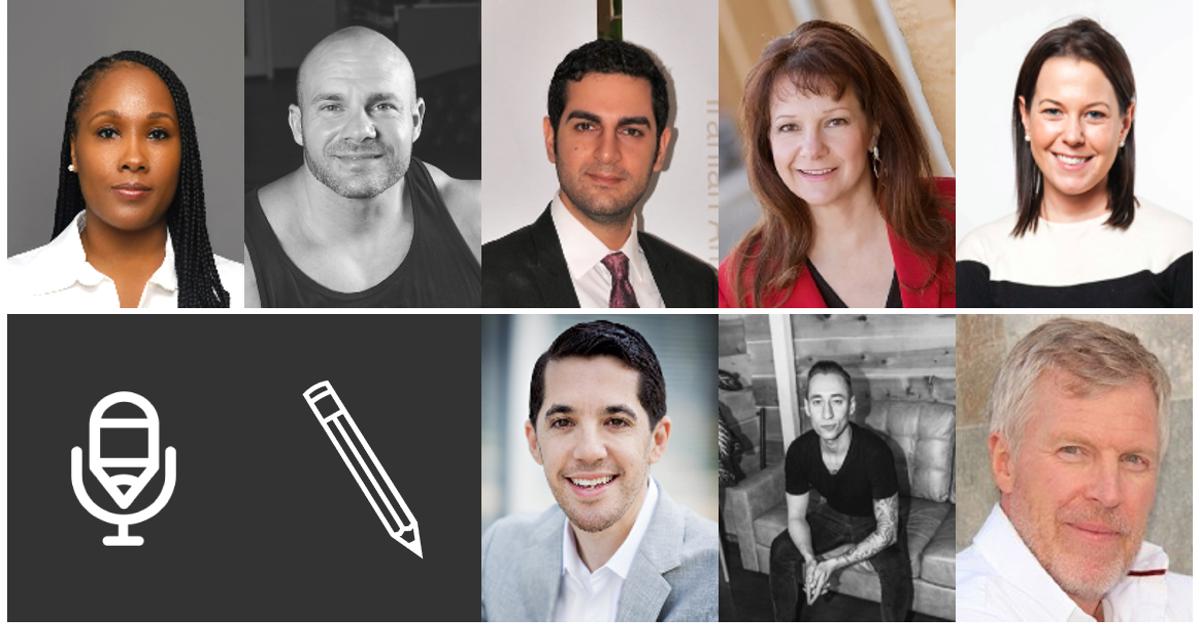What is one interviewing best practice for employers?
To help you follow interview best practices, we asked HR leaders and small business owners this question for their best insights. From allowing applications to perform job tasks to encouraging candidates to interview you, there are several tips that may help you interview effectively at your company.
Here are eight interviewing best practices for employers:
- Allow Applicants to Perform Job Tasks
- Give the Interviewee a Chance to Shine
- Identify Candidates with a Passion for Your Brand
- Incorporate a Riddle
- Tag-Team the Interview with a Colleague
- Set Clear Expectations
- Ask the Same Questions
- Encourage Candidates to Interview You

Allow Applicants to Perform Job Tasks
The interview process itself is outdated and ineffective in finding the right people for the job. Asking a rehearsed set of questions and waiting for a rehearsed response is no way to access an applicant’s abilities. Instead you should allow the applicants to perform the job and access from there. This will allow you to see first hand what type of output they will be able to produce. It’s almost impossible to gauge how a potential employee will be from a simple question and answer style interview. Instead this question and answer time should be spent getting to know who this person is and if they will culturally be a good fit. Interviewers should assess their skills and learn their personality, not ask them useless questions.
Mark Smith, University of Advancing Technology
Give the Interviewee a Chance to Shine
Even if you don’t hire an applicant, give them a chance to describe some of their most prized achievements. You could ask what they’re most proud of in their career or what contribution has made the most impact for their employer. In addition to helping the interview end on a high note, you’ll also make a strong impression on the candidate – who many go on to describe their interviewing experience on social media. Positive hiring practices can make a difference in your ability to secure top talent in the future.
Laura Smith-Proulx, An Expert Resume
Identify Candidates with a Passion for Your Brand
While most candidates put their best foot forward in a job interview, it’s crucial to identify those applicants who are eager and motivated to work for your company. While hiring remote freelancers is cost-effective, they may not be as invested in working for you as much as full-time in-house employees. For this reason, be sure to look for candidates who seem to connect with your company’s mission and values, as they will be more engaged and productive as employees. And spotting top talent is easy as they will be those best able to express their desire to work for you based on how your company’s culture and purpose align with their personal interests and professional goals.
Chris Gadek, AdQuick
Incorporate a Riddle
Employers should interview with the intention of getting to know how a candidate responds under pressure. I like to incorporate a timed riddle or mind puzzle into the interview process and invite the interviewee to walk me through their thinking every step of the way. This is a fun way to test a candidate’s wherewithal as well as judge their communication skills. I make it clear that getting the right answer is far less important than being highly communicative and showing creative problem-solving during the process. You can see how certain people respond to stress, which is a great measure of an employee’s value.
Bill Mann, Restore Privacy
Tag-Team the Interview with a Colleague
Routinely hold interviews with a colleague to help take notes and get another person’s input as you find the right fit for your company. This approach can mitigate issues that stem from unconscious and systemic bias in the hiring process, and lead to a pseudo-second interview on the spot if you know you want to move successful candidates forward right away. It’s all too easy to lean towards candidates who closely resemble our own perspectives, personalities, and working styles, which can lead to blind spots and shortcomings in our business later on. Taking the opportunity to tap into a diversity of thought from within your company will support your recruiting efforts so you can build a highly-competitive team.
Benjamin Meskin, Cabrella
Set Clear Expectations
Use the interview to discuss the expectations not mentioned in the job description, including company projects and short-term/long-term goals of the position. Before ending the interview, employers should clearly relay the next steps of the process to the candidates. Being transparent about the role and timeline of the hiring process during the interview keeps applicants informed and engaged from start to finish.
Benjamin Farber, Bristol Associates, Inc.
Ask the Same Questions
Ask the same questions for each applicant. It’s important for the interview process to be as fair as possible, and you can evaluate how each candidate responds. Some may go more in depth or say much less, which can determine a standout candidate over an unqualified one. It’s also a great way to understand if it’s a cultural fit.
Jodi Neuhauser, Ovaterra
Encourage Candidates to Interview You
I started my career in recruiting, supporting many hiring leaders throughout the interview process. During initial phone interviews, I wanted to ensure candidates had a good understanding of who we were as an organization, and why they should choose us. There are times when a candidate may have a multiple offer situation, and we know that potential employees don’t make career transition decisions solely based on money. I always encouraged and still encourage hiring leaders and HR partners to acknowledge that candidates are interviewing the company as well.
It’s equally important for candidates to understand the organization’s culture, successes, challenges, and how it all fits into their definition of personal and professional fulfillment. Create an open dialogue where you invite candidates to ask probing questions and give them adequate time to determine if your company, the role, and the team is the right fit for them. It’s where onboarding begins!
Shonna Amos, EWP Coaching and Consulting
Terkel creates community-driven content featuring expert insights. Sign up at terkel.io to answer questions and get published.

